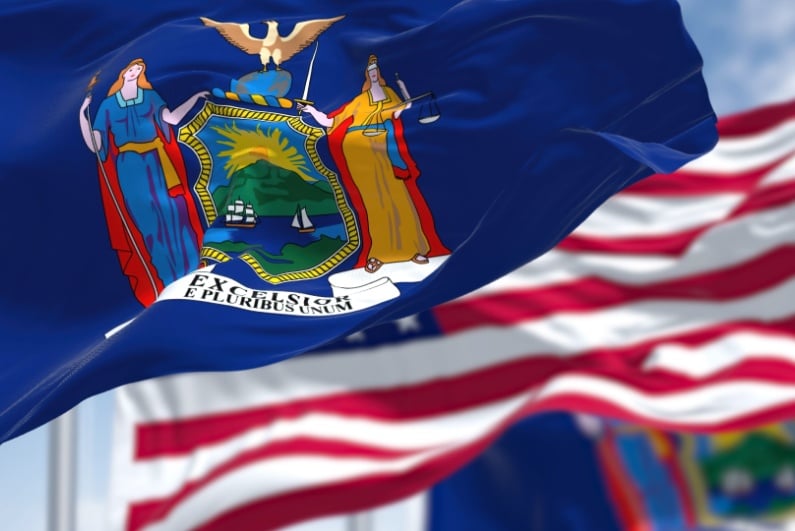Doomed to Fail
An attempt to introduce a bill in Arkansas that would permit sports betting on mobile and online has collapsed.
Senate Bill 669, sponsored by Democratic Senator Will Bond, would have legalized wagering on sports online or via mobile. Appropriately for a bill filed on April Fool’s Day, it contained some unusual exclusions that would have made it illegal to place bets on dog shows, wrestling, and even the Special Olympics.
More importantly, the Athletic Event Wagering Bill 2019 recognized the need for bettors to be able to gamble beyond bricks-and-mortar venues. Of the eight states in the US that have legalized sports betting, only New Jersey and Nevada permit online gambling.
Pennsylvania also passed a law to allow mobile betting, but operations are currently suspended. And Delaware North was forced to shut down its mobile offering following a contractual dispute.
Bond’s bill, therefore, would have enabled Arkansas to get ahead of the curve in sports betting expansion. Mobile betting would mean that residents of the state would no longer be breaking the law when gambling remotely. It would also dismantle the existing illicit markets run by organized crime.
However, the draft legislation came unstuck on proposed taxation.
Integrity Too Expensive
Across the US, sports leagues have been demanding integrity fees. Such a fee would be a small slice of the gambling companies’ revenues to cover the additional costs for leagues to monitor their sports data and keep their sport “clean.”
The leagues have suggested an integrity fee of 1%. It doesn’t sound much, but in practice it amounts to roughly 20% of revenues generated by sports betting.
Unsurprisingly, integrity fee clauses in such bills have never made it as far as the final draft.
In Arkansas, the integrity fee proposed in Senate Bill 669 was also set at 1%. But this was on top of proposed state taxation of 12.5% on revenues from bricks and mortar sports wagering, and 13.5% on mobile and online betting.
This would have made it extremely difficult for sports betting operators to make a profit. As a result, senators were concerned that bettors would turn to the online black market to wager, where the platforms would likely offer better sports betting products. Senators voted to let the bill lie sine die, meaning it will never be brought back to the legislature.
Retail Sports Betting on the Cards
While the prospect of online betting in Arkansas is off the table for now, the state legalized casinos last November via a referendum. Two are already up and running, with at least one more in the pipeline. A fourth license is still up for grabs.
The casinos cannot currently offer retail sports betting, which was approved by the casino referendum, but it is likely to happen soon. With the death of Senate Bill 669, the casinos will not be allowed to offer online wagering.
Both the casinos and retail sports betting will be regulated by the Arkansas Racing Commission. The legislation bans wagering on any college sports events in the state, but not in other states. Betting on undefined “amateur” sports events is also prohibited.




